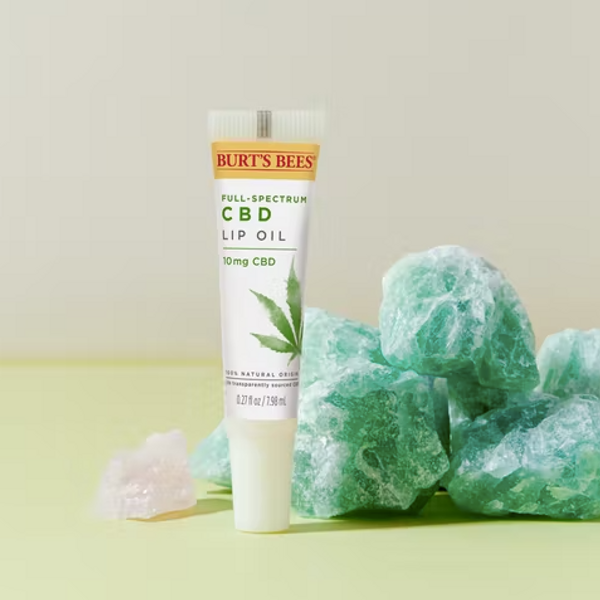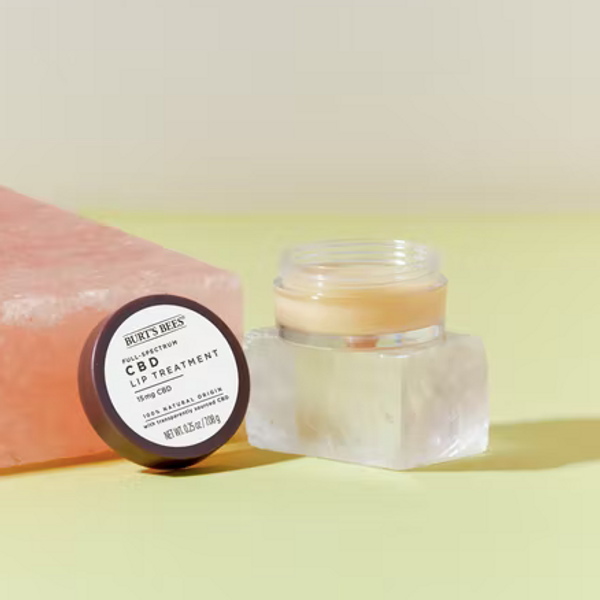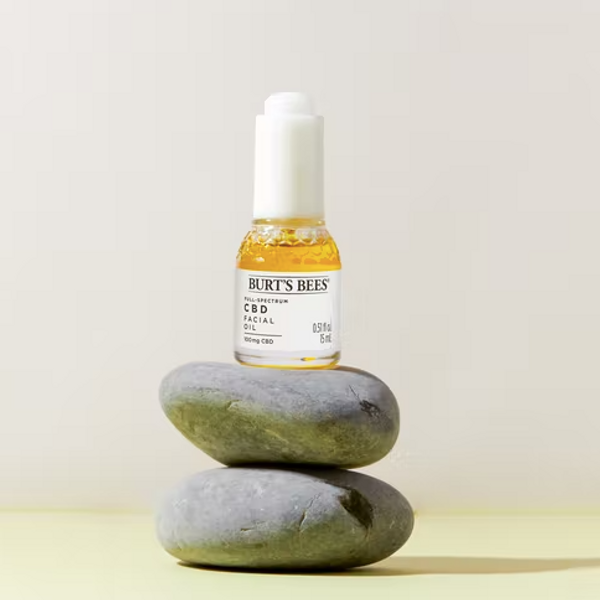Last night, Vermont made history by becoming the 11th state to legalize retail markets for adult-use cannabis!
A big congratulations to Governor Phil Scott and the entire Vermont legislature for doing what was necessary to finally make this happen.
Vermont legalized cannabis back in 2018! When Gov. Scott signed a piece of legislation, known as bill H. 511, into law on January 22nd, it granted residents of Vermont over the age of 21 the right to possess up to an ounce of dried cannabis flower or five grams of hash.
H. 511 also allowed residents to possess "two mature and four immature marijuana plants" on private property in a secured enclosure that's kept out of public sight. It is important to note that the plants being grown did not impact the ability to possess an ounce of dried flower, which was considered a separate issue.
Not only was this a major win for cannabis advocates in Vermont, but it was a huge win for bipartisanship, at a time when both sides being able to work together couldn't be more important.
Gov. Phil Scott, a lifelong Republican, worked tirelessly for the last two years in order to make sure that the program would be done right, not rushed and benefit the people who deserved it the most.
It is important to note that Vermont is the second state to legalize cannabis via legislation versus at the ballot box, like the other 9 states did when it was their turn.
Sales inside retail locations aren't slated to begin until at least October of 2022, but the legislators in the state are probably going to need to use most of that time developing the rules & regulations of the market.
What Does Bill S.54 Say?
In addition to allowing the creation of retail cannabis dispensaries, and the ability for the government to tax these businesses, S.54 also does the following:
- It requires cities and towns to take action before retail establishments may open (cities/towns must OPT-IN)
- It ensures local zoning applies to cannabis cultivation and production
- It dedicates 30% of the excise tax to education and prevention efforts, up to $!0,000,000 per year and the sales and use tax portion on retail cannabis to fund a grant program to start or expand after-school and summer learning programs.
- It allows the testimony of a trained officer, or a Drug Recognition Expert (DRE), regarding impairment will be presumed admissible (currently, there are very few ways to identity DUI with cannabis, saliva tests are being used but not allowed under S.54).
- The FY21 budget also includes language proposed by Gov. Scott to take steps towards achieving a universal after-school network, which is based on a successful model from Iceland and is focused on preventing drug use and improving academic and social outcomes
Why Didn't Gov. Scott Sign The Bill?
Despite the fact that the adult-use legislation has passed, it wasn't done with the signature of Governor Scott on the bill. Scott has been outspoken about what conditions he would like to see incorporated into the program and even though legislators did a good job with the bill that passed, there are still multiple issues that need to be addressed before retail sales take place in Vermont.
After allowing this legislation to pass, the governor wrote an open letter giving praise to those who worked hard to make it happen, but also address what he believed were shortcomings that need to be fixed. Below you will each point and an explanation, if necessary, as to why it is important.
Here are the main objectives that Scott would like to see addressed:
- Towns and municipalities should be required to opt-in to hosting retail establishments
- There should be a plan and significant funding for additional education and prevention efforts for children
- There must be a plan for highway safety!
- Authorization for the sale of cannabis vaping products. Over the past two years we have been collaborating on ways to minimize vaping from a public health perspective and the bill's authorization for the production and sale of cannabis oil vaping products is completely contradictory and counter to our public health goals.
- There is conclusive scientific evidence that cannabis use has very negative effects for development when used in youth. We must ensure cannabis products, including edibles, are not in any way marketed to kids -- or marketed in a way that appeals to kids. Again, we should apply the lessons learned from the public health epidemic caused by tobacco and the marketing restrictions and prevention strategies that states have applied to address it.
- The timeline which anticipates the recruitment, nomination, and appointment if the cannabis control board members by January 8, 2021, with senate advice and consent by January 15, 2021 is too aggressive and may need to be extended.
- Board members, exempt employees appointed by the Governor, are now only removable for cause by the other board members. This removes the Board from accountability to the Governor and constitutes an unconstitutional usurpation of the Governor's constitutional duty to faithfully execute the laws. This is a provision that exposes all of the work of the board to legal challenges.
- The 30% excise tax set-aside for misuse prevention programming must be dedicated to a special fund for that purpose to be allocated by the Commissioner of Health. As passed, this funding could be raided by the Legislature and used for unrelated purposes.
- While law enforcement is directed to receive at least 16 hours of advanced roadside impaired driving enforcement training, there is no funding and no resources dedicated to this purpose which will take multiple years to accomplish. This needs to be rectified.
The importance of the passing of this bill can't be overstated, especially at this specific time we are in right now. Less than a month away from the 2020 election, there are many states in limbo whose fate will be decided late on Nov. 3. The one that stands out in my mind as most important is New Jersey.
New Jersey is attempting to become the 3rd state in the county to legalize adult-use cannabis via ballot. At the helm, Governor Phil Murphy, whose campaign made big promises to bring legal cannabis to New Jersey and has failed to do so on multiple occasions. It is now up to the residents and polls show overwhelming support for the measure.
As has been stated many times in the news over the last several months, industry experts consider New Jersey to be the domino that would set off cannabis legalization up the east coast. Governors Cuomo and Wolf, of neighboring states New York and Pennsylvania, have been trying to pass similar laws for years and have been rebuffed in multiple ways.
If New Jersey, New York, and Pennsylvania authorize adult-use retail markets in their states, close to 40 million people will become customers in an already booming market. The potential for growth and significant revenue is right at our doorstep and it all begins with Jersey, on Nov. 3.
So if you live in New Jersey, or have family or friends that do, call them and make sure they know to vote Yes on adult-use cannabis on November 3rd!
What States Have Retail Cannabis Markets?
- California
- Nevada
- Colorado
- Alaska
- Illinois
- Maine
- Vermont
- Massachusetts
- Michigan
- Oregon
- Washington
- **District Of Columbia (not a state but still has retail market)








